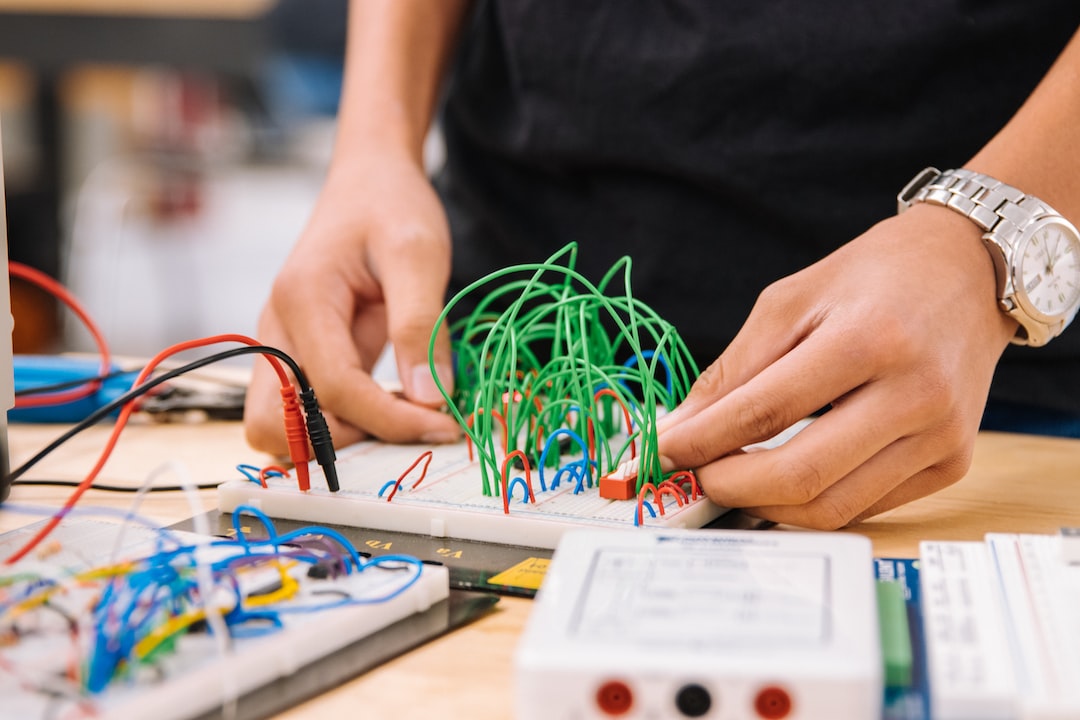The challenges of addressing inequality in education
Education is widely recognized as a catalyst for personal and societal development. It equips individuals with the necessary skills and knowledge to thrive in an increasingly competitive world. However, one major obstacle on the path to a fair and equitable educational system is inequality. The challenges of addressing inequality in education are complex and multifaceted, spanning economic, social, and cultural domains.
One of the primary challenges in addressing educational inequality is the persistent wealth gap. Children from low-income families often lack access to quality resources and have limited opportunities for academic enrichment. Private tutoring, extracurricular activities, and adequate learning materials are often beyond the reach of families struggling to meet basic needs. As a result, children may enter school disadvantaged, with a limited foundation that can impede their educational progress and perpetuate inequality.
Furthermore, the quality of education can vary significantly between schools and regions. Schools in affluent areas often benefit from better funding, experienced teachers, and modern facilities, while those in underprivileged communities face numerous challenges, including overcrowded classrooms, outdated curriculum, and inadequate resources. This disparity in resources creates an uneven playing field where students attending underfunded schools have limited opportunities to excel.
In addition to economic disparities, social factors also contribute to educational inequality. Discrimination and bias can hinder the learning experiences of marginalized groups, such as racial or ethnic minorities, girls, or students with disabilities. Stereotypes and prejudices can lead to lower expectations from teachers, limiting opportunities for academic growth and hindering future prospects. Furthermore, cultural differences can act as barriers to educational attainment, with certain communities facing difficulty in integrating into the mainstream education system.
Addressing inequality in education also involves dismantling systemic barriers and reforming educational policies. Standardized testing, for example, has been criticized for perpetuating inequalities by emphasizing memorization and rote learning instead of nurturing critical thinking and creativity. By designing more inclusive and culturally diverse curriculums, educational institutions can provide a level playing field where all students feel valued and represented.
Teacher training and professional development also play a crucial role in bridging the educational divide. Educators equipped with the knowledge and skills to address diverse learning needs can create inclusive classroom environments that cater to the individual strengths and weaknesses of students. By encouraging personalized approaches to learning, teachers can empower students to excel in their own unique ways. However, ensuring the availability and accessibility of high-quality professional development programs remains a challenge, especially for teachers working in disadvantaged areas.
Community involvement is another key aspect of addressing educational inequality. Building strong partnerships between schools, parents, and local organizations can lead to improved education outcomes. By actively engaging parents and empowering them to take an active role in their child’s education, schools can bridge the gap between home and school environments, creating a supportive network for student success.
In conclusion, the challenges of addressing inequality in education are numerous and complex, encompassing economic, social, and cultural dimensions. To tackle these challenges effectively, it requires a comprehensive approach that addresses disparities in resources, curriculum, and opportunities. By investing in underprivileged communities, designing inclusive curriculums, providing professional development for teachers, and fostering community involvement, we can strive towards a more equitable education system, ensuring that every child has the opportunity to succeed regardless of their background. Only by addressing educational inequality can we build a just and prosperous society.

